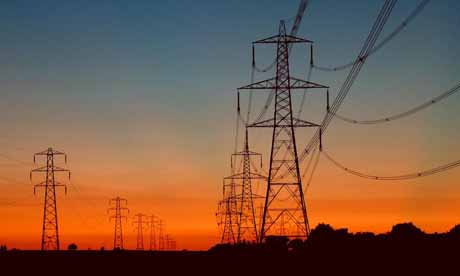The Finance and Expenditure Select Committee last week received submissions on the Mixed Ownership Bill. The Bill passed its first reading on 8 March and if it proceeds will allow the partial sale of the four state owned power companies.
Caritas Director Julianne Hickey made an oral submission to the Select Committee last week. Caritas told the Committee that the legislation will lead to greater inequalities and, in the current regulatory environment, may not lead to sufficient protection for poor and vulnerable consumers.
She said, “Catholic social teaching contains cautions both for people seeking to privatise and people seeking to nationalise industries and services which provide essential goods. It recognises both the value of the market and the limits to the market.”
“We have drawn on experience by New Zealand Catholic groups with low-income power consumers who have had difficulty even under current arrangements with obtaining or maintaining power accounts. We also have recent experience of the privatisation of state assets, where private owners failed to invest in basic maintenance, forcing the government to buy them back rather than allow services to fail. We have also considered the urgency of the environmental challenges facing us, and question whether the Mixed Ownership Model provides the best incentives and encouragement for power companies and consumers to make changes in their energy production and use.”
Caritas Aotearoa New Zealand also made a written submission which is based on the principles in the Church’s social teaching about the common good, the protection of the poor and vulnerable members of society, the protection of the environment, and the principle of the universal destination of created goods.
It thinks that continued state ownership is a better way to:
- ensure the provision of essential services, particularly for the most poor and vulnerable;
- improve our use of energy in the face of environmental destruction and climate change;
- ensure that our commitments to the Treaty of Waitangi are met;
- overcome or at least not worsen local and global inequalities;
- continue to have an adequate oversight of the behaviour of state institutions.
The submission makes it clear that Catholic social teaching does not prescribe specific public policy solutions, and contains cautions both for people seeking to privatise and people seeking to nationalise industries and services which provide essential goods and recognises both the value and the limits of the market.
Source
- Caritas Aotearoa New Zealand – Text of Oral Submission
- Caritas Aotearoa New Zealand – Text of Written Submission
- Image: Anti Corruption New Zealand
